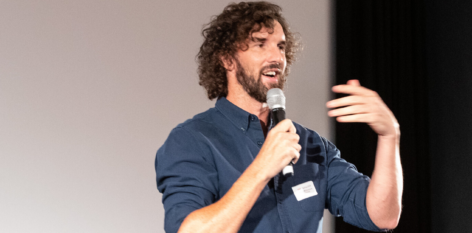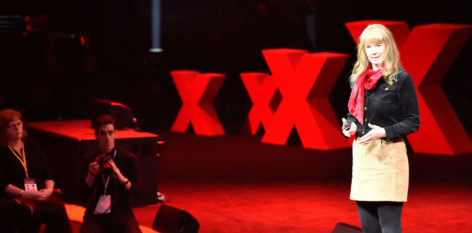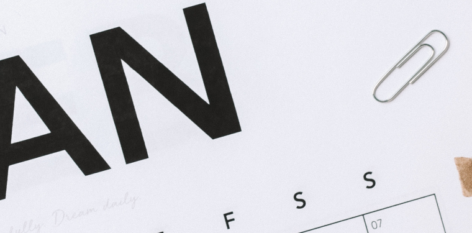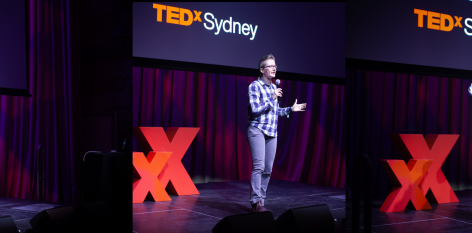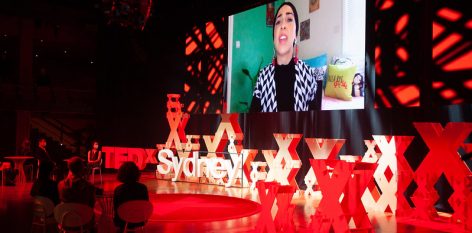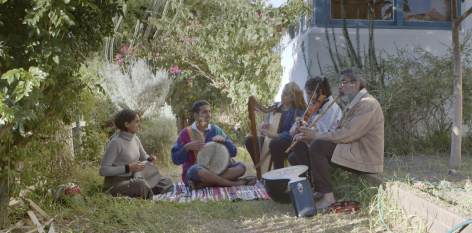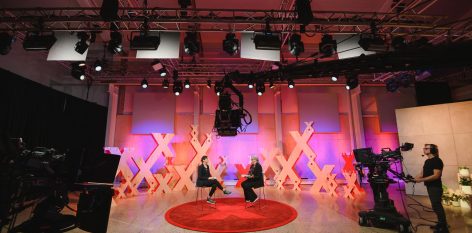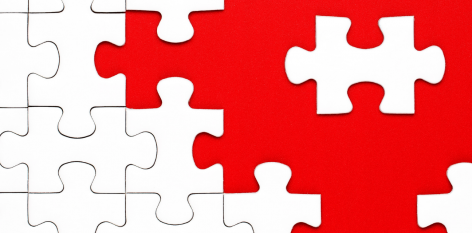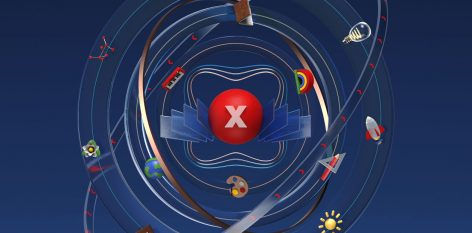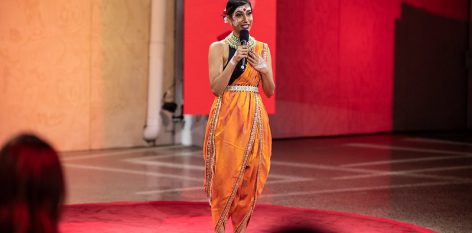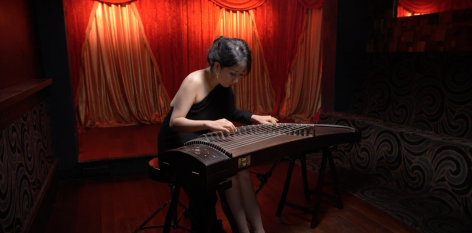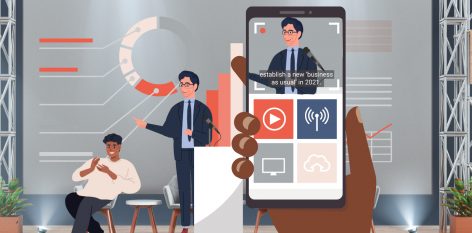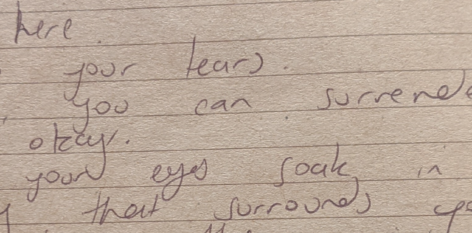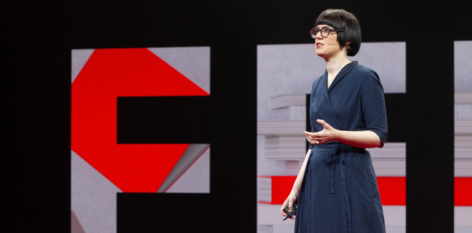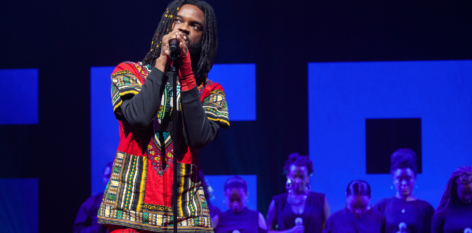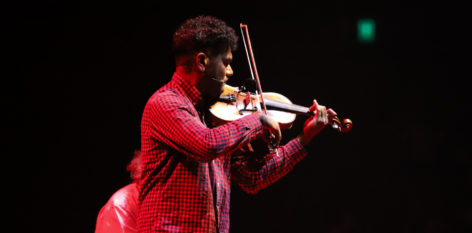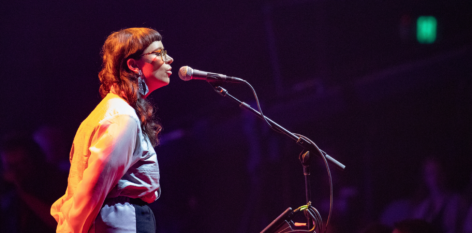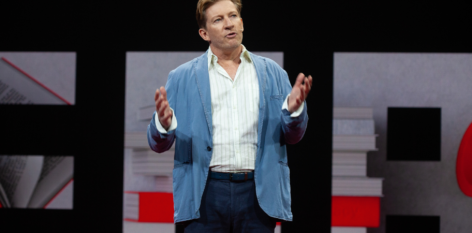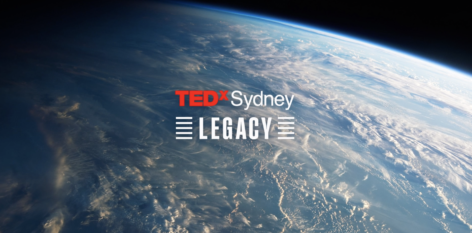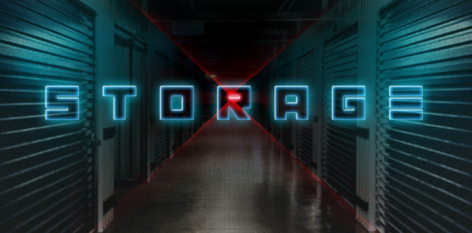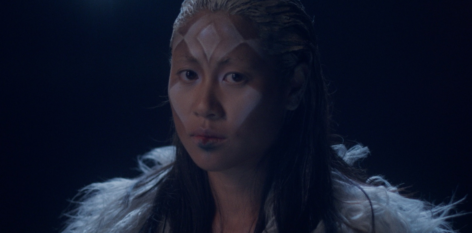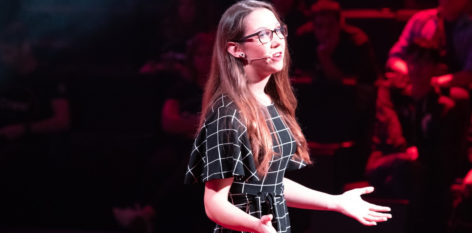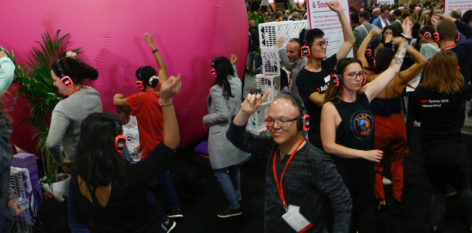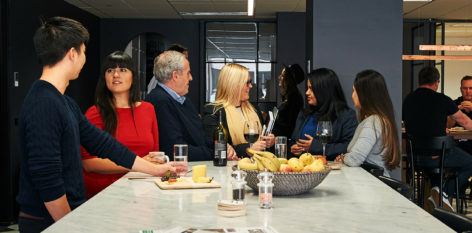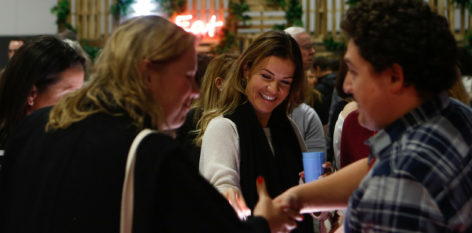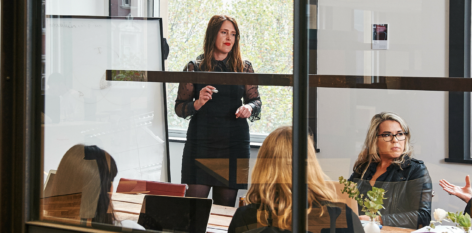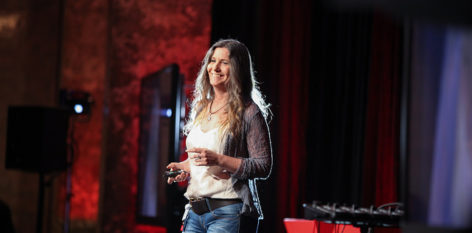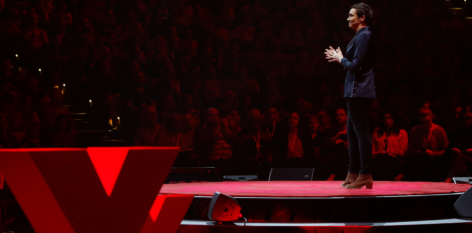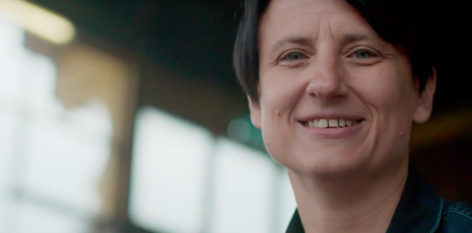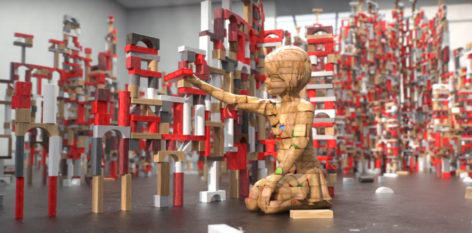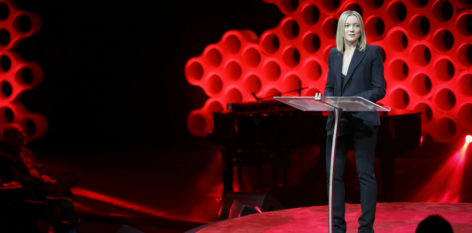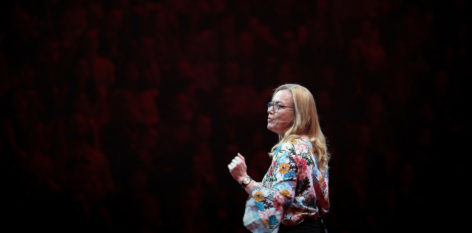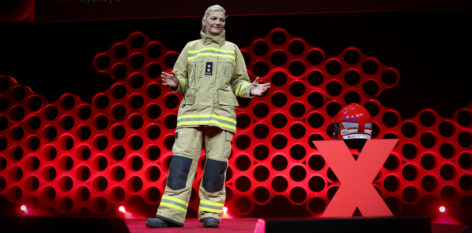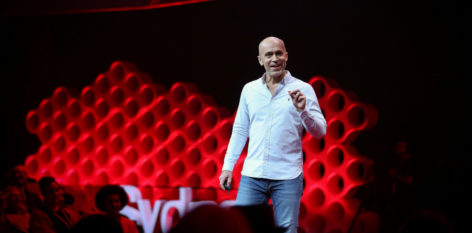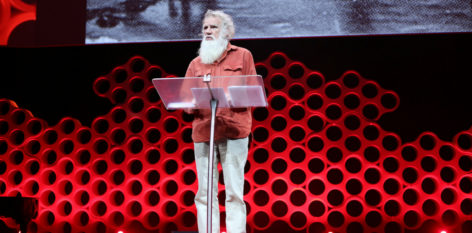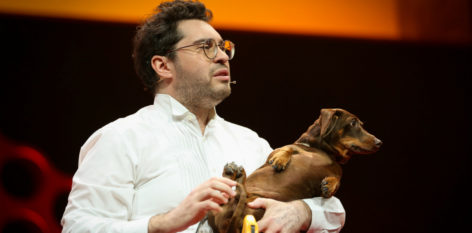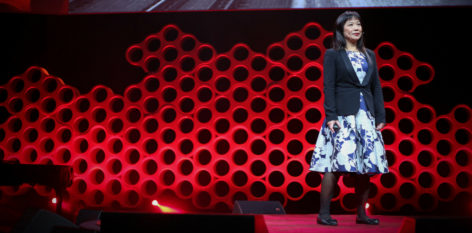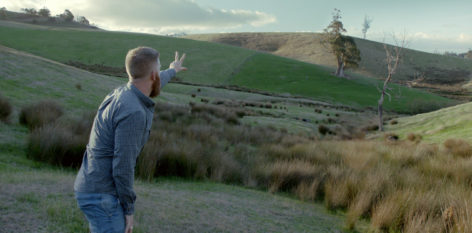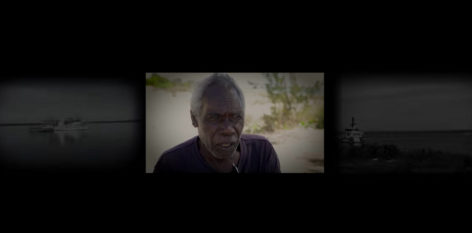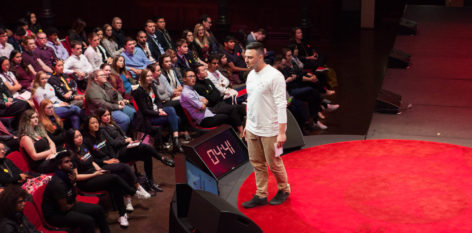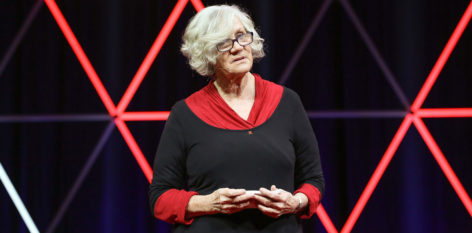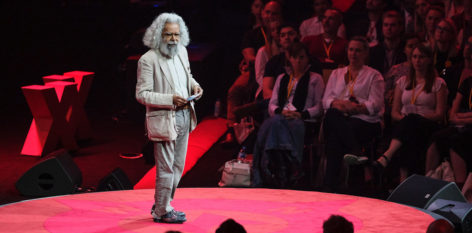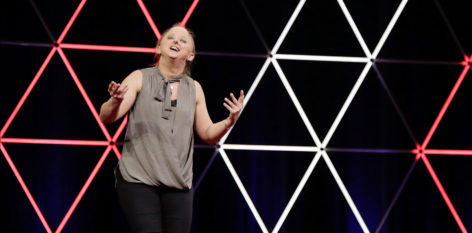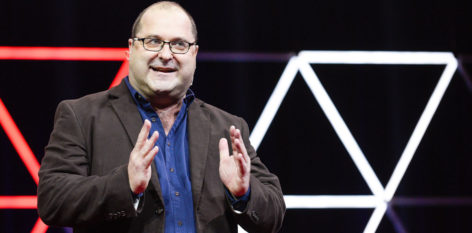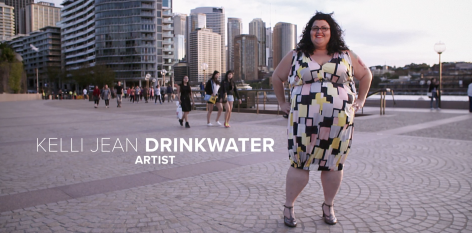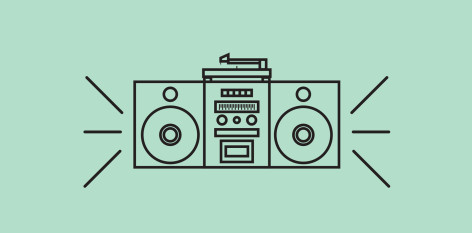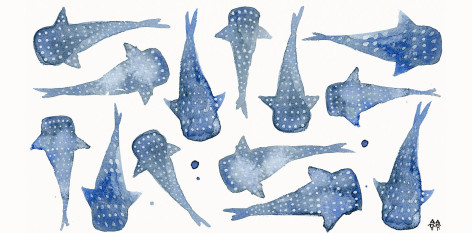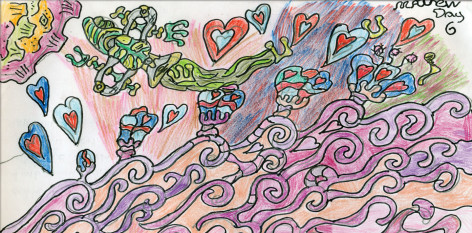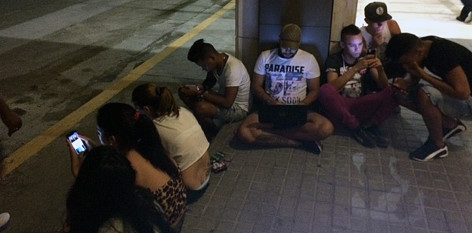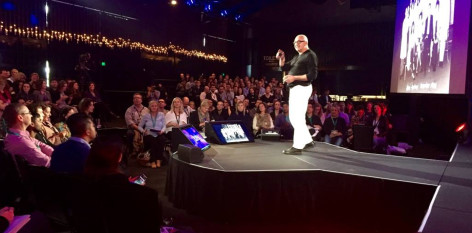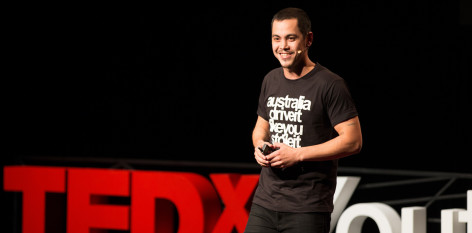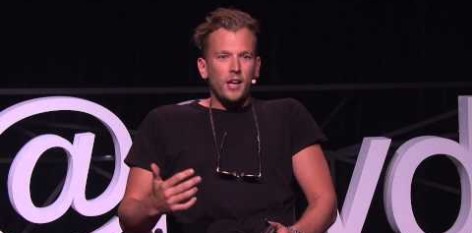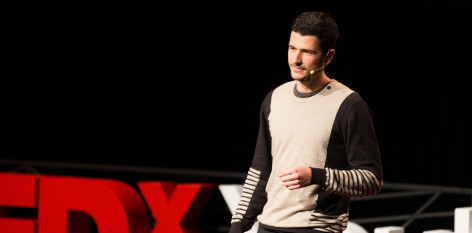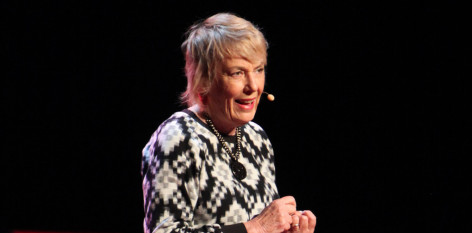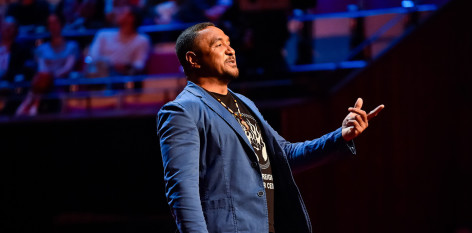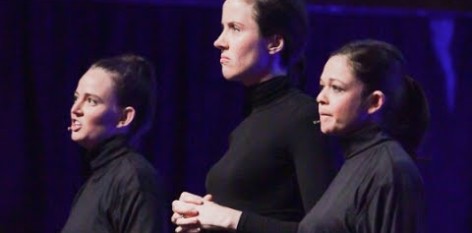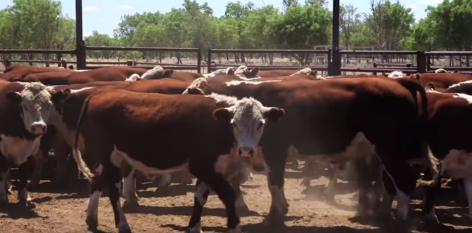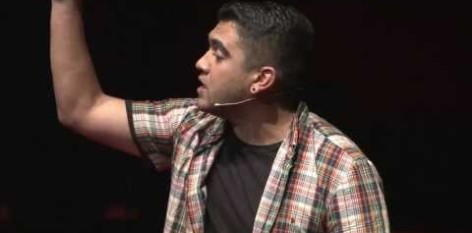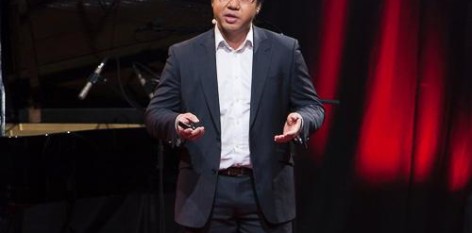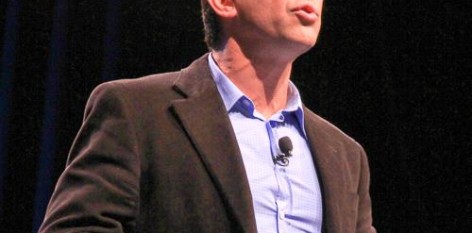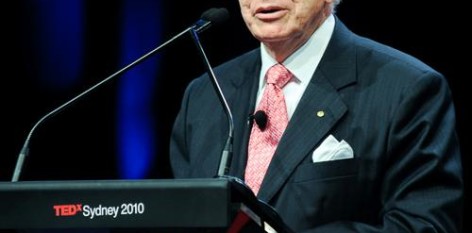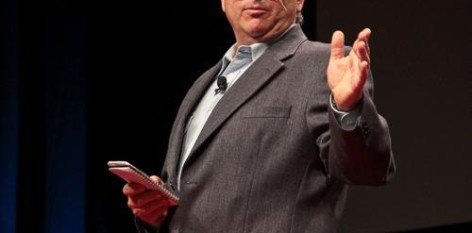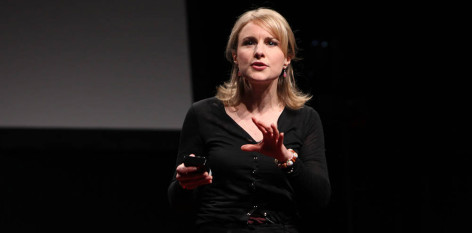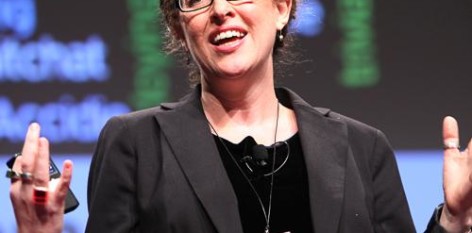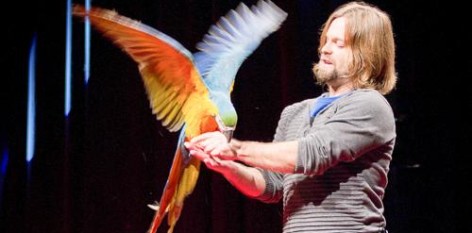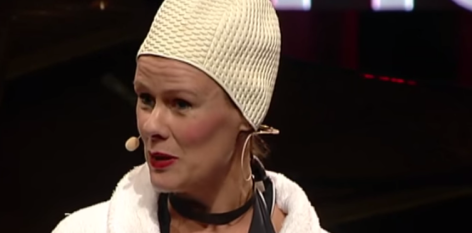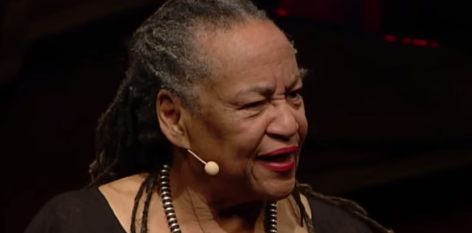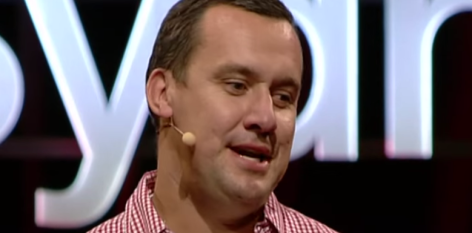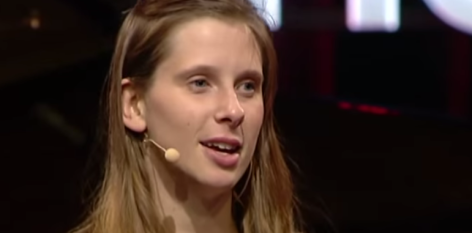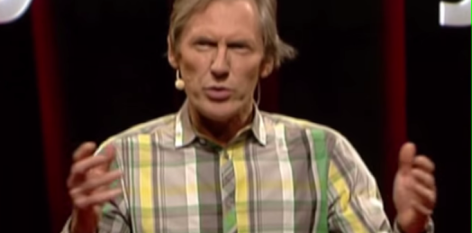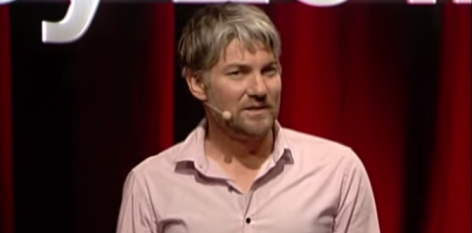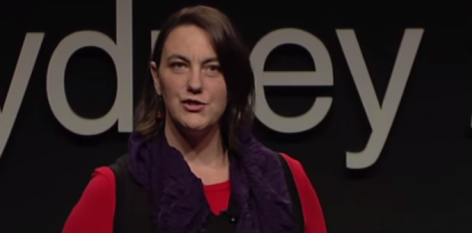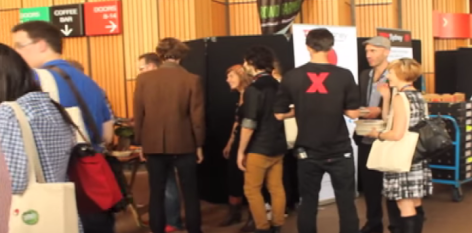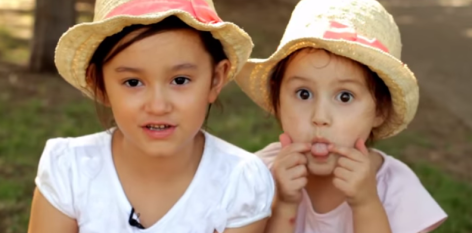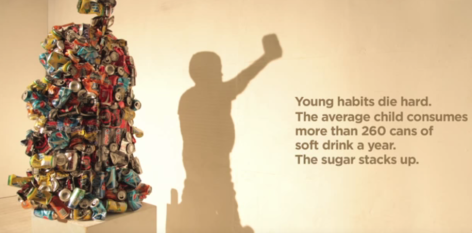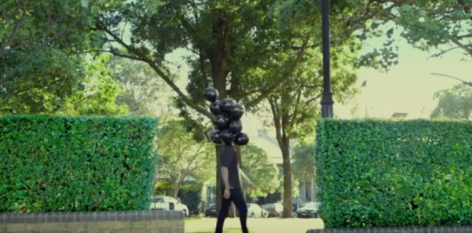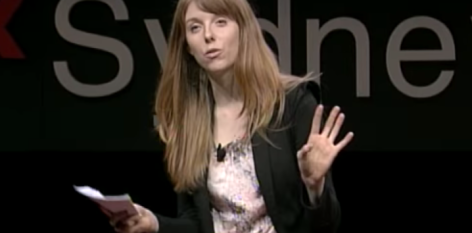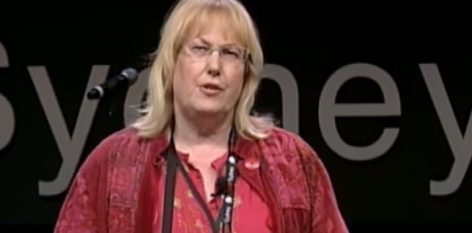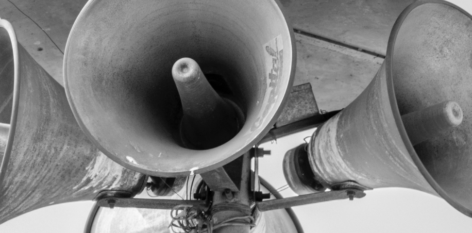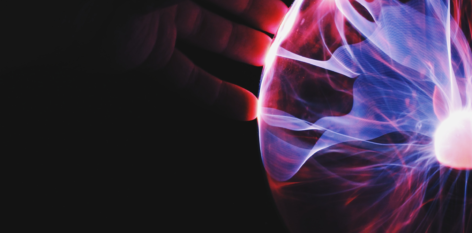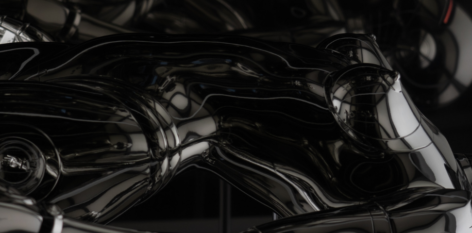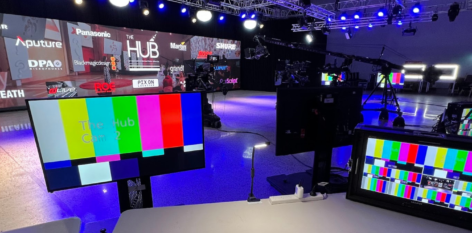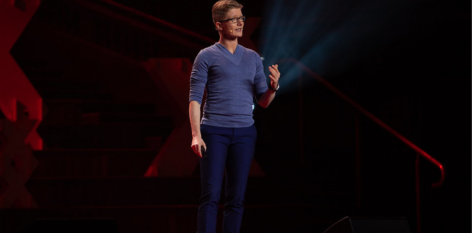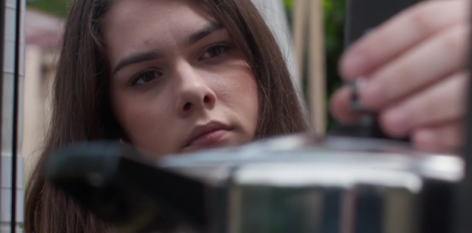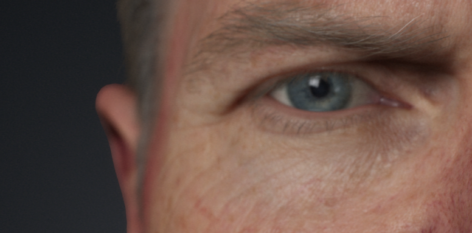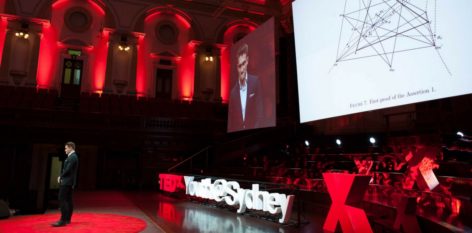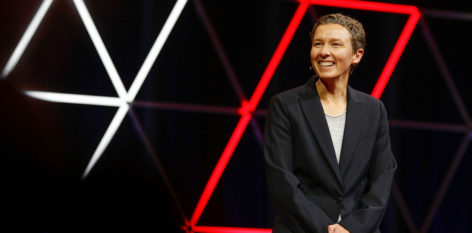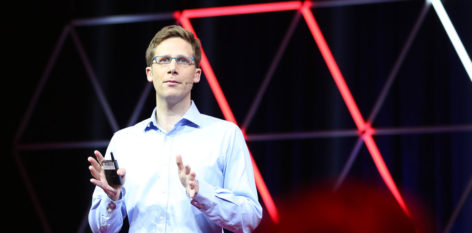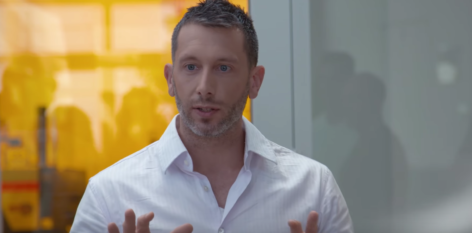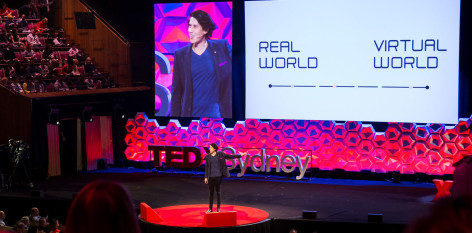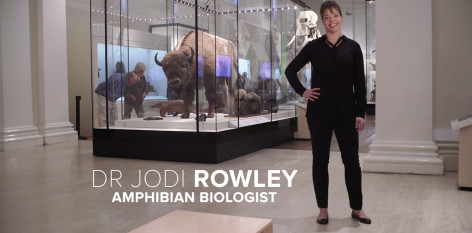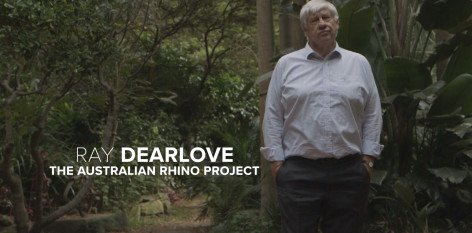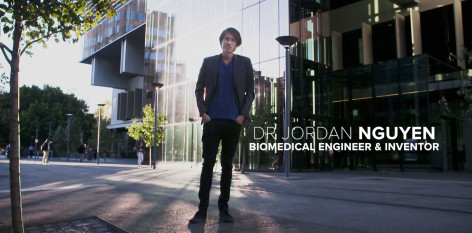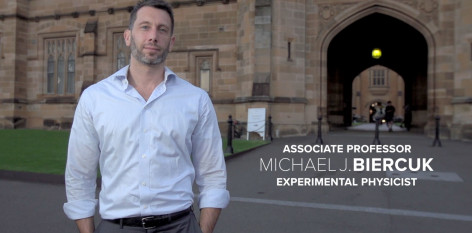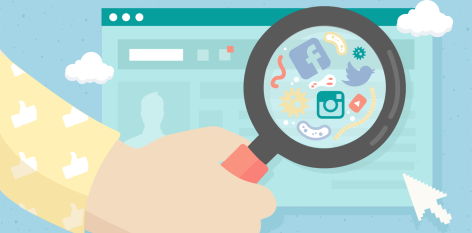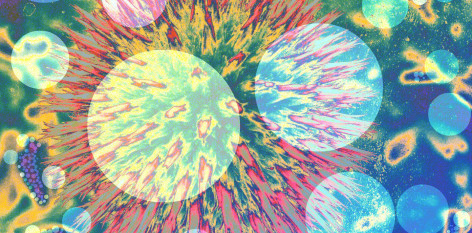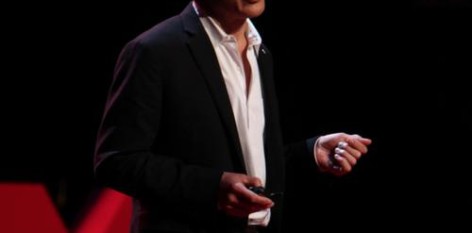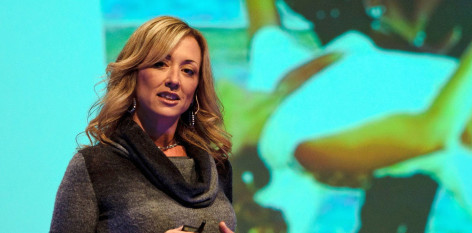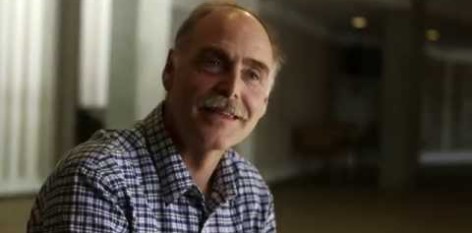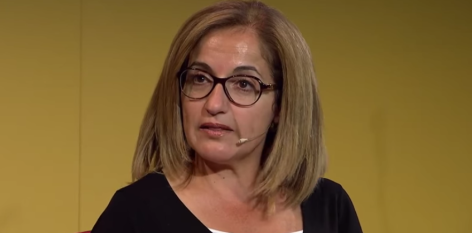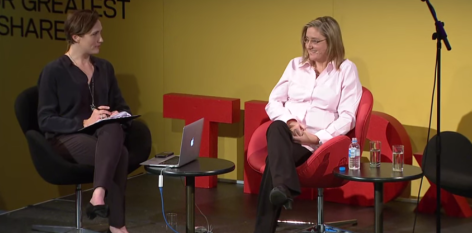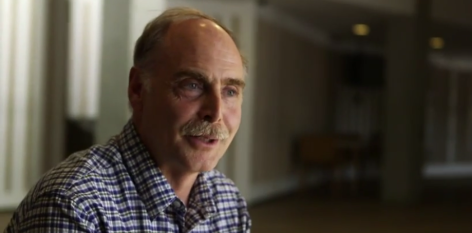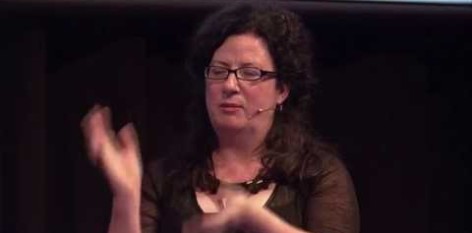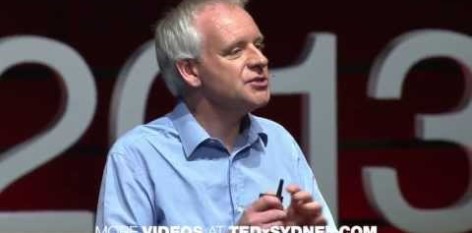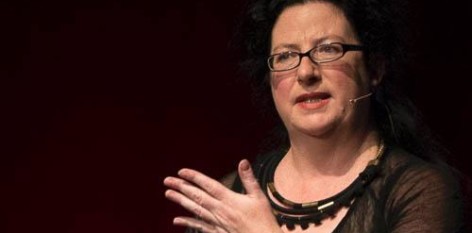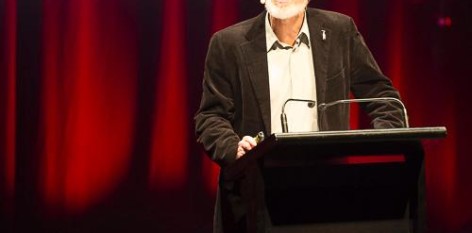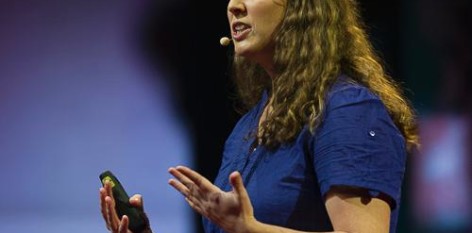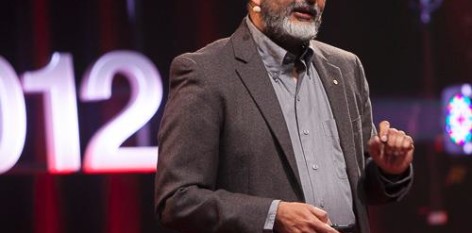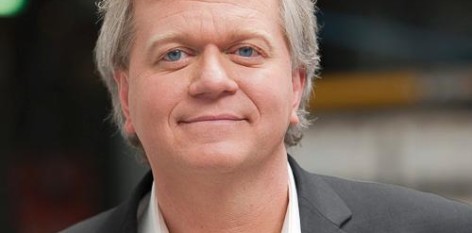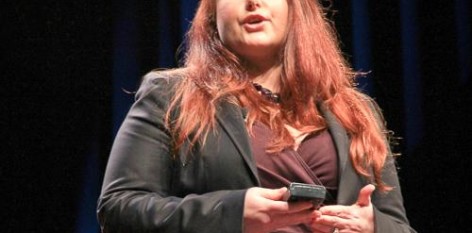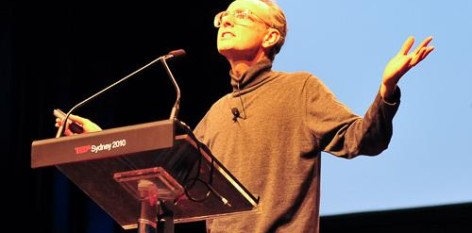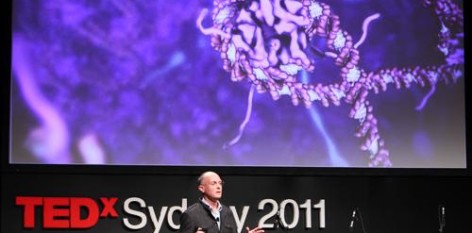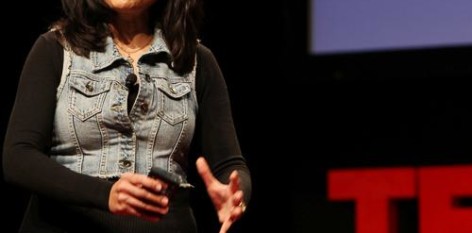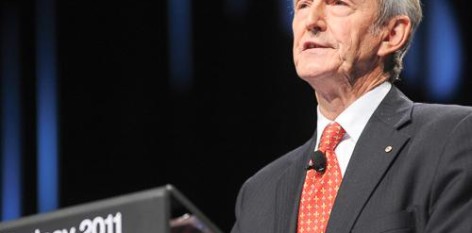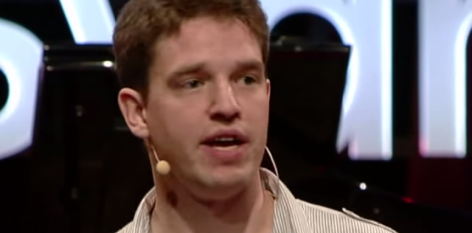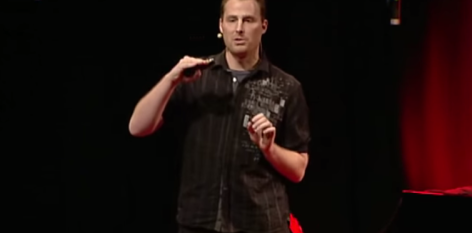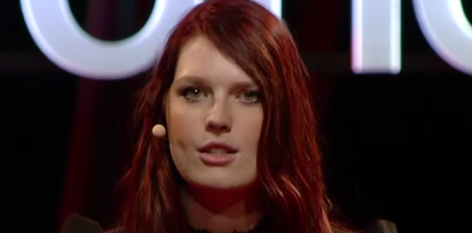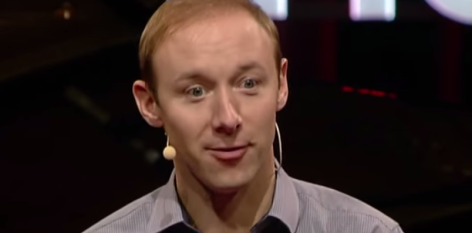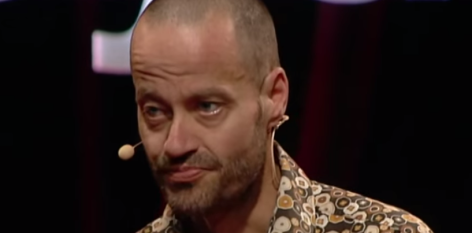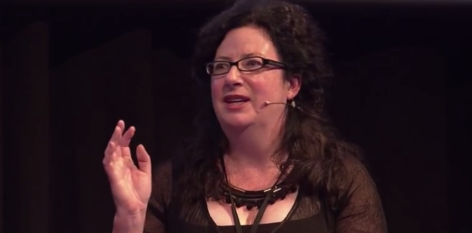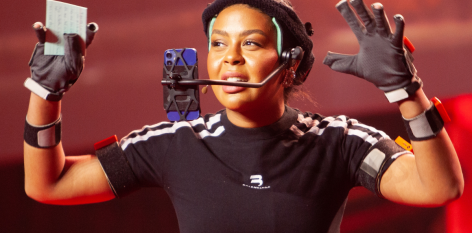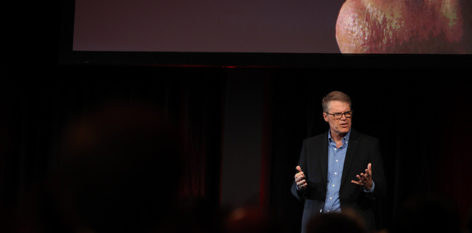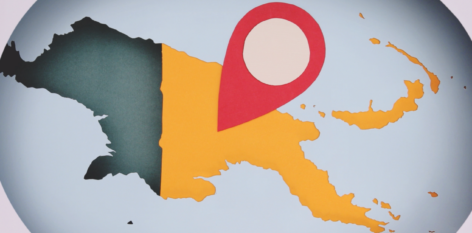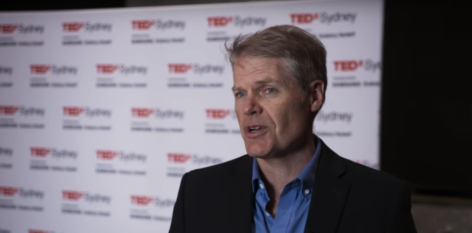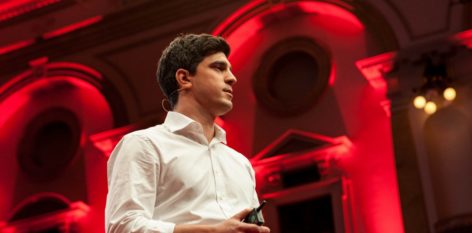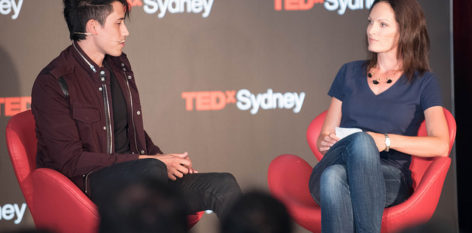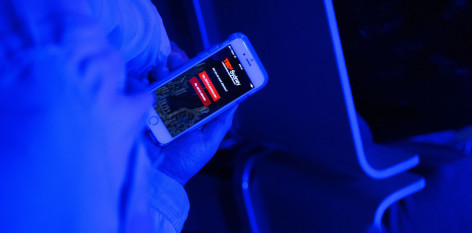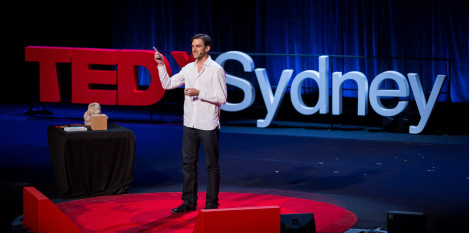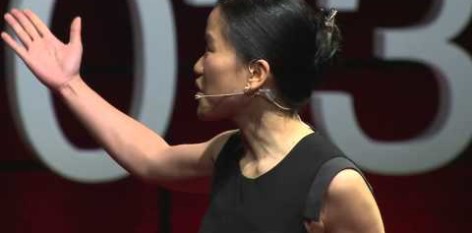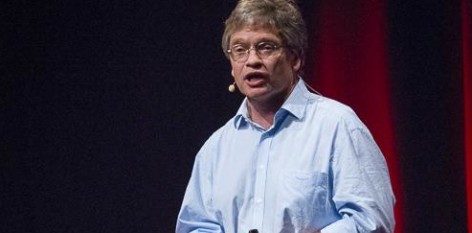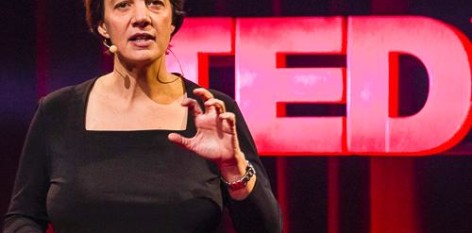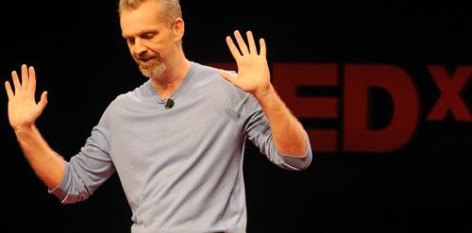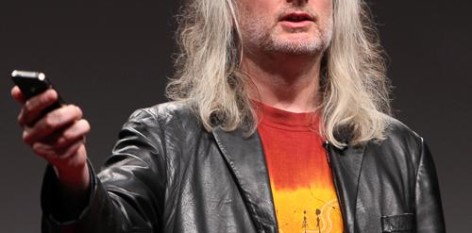Reflecting on his experience living with six people in a simulated Mars environment, TEDxSydney speaker James Bevington shared the lessons he learned about human emotions. He described the process that we know so well: how a grumpy mood can spread contagiously. But, his TEDxSydney talk also offers hope for conflict resolution. He found that positive moods spread as quickly as negativity and stress. ‘It takes just one person to stop the cycle’.
The production of positive emotions is one of the unrecognised promises of Artificial Intelligence or AI. Chatbots in healthcare apps, for instance, can lead a person towards improved mood and better life decisions. I had a chance to test several chatbots at the Samsung Days of Note workshop hosted by WeWork Sydney a month ago. Phrases such as ‘Oh I see’ and ‘I’m all ears now’ provided textual reassurance that I was being heard and that the AI was constructing personalised advice to lift my spirits.
The famous humanoid robot Sophia, who visited Sydney in September, can respond in conversation with over 62 facial expressions and lingering eye contact. Considered to be the first humanoid to express empathy, Sophia stirs up controversy about human-computer innovations wherever she goes.
I choose to look optimistically at AI. Sophia’s clones could reduce stress and negative experiences for people through empathetic customer service across a range of industries. Even textual AI, such as GPS technology, can reassure us that we will find our destination despite darkness, weather or wrong turns on our journey. In other words, AI embedded in various objects can help us with both emotions and decisions.
There’s a new friendly usher at the Sydney Opera House who is as tall as a toddler and just as excited to greet people. Showcased in a beautiful video unveiled at TEDxSydney, this little robot (in the photo above) makes visitors smile as it helps people find their way. Such machines have crossed a threshold of functionality. They now guide us to make better decisions and encourage us to take charge of our wellbeing. Rather than see them as competitors in an evolving workforce, we might begin to view today’s technological innovations—from chatbots to humanoids and even driverless vehicles—as partners on the same team.
Can robots truly serve as the one person in the cycle to improve mood and human experience? China just released its first robotic news broadcaster, a humanoid that never needs a coffee break and can deliver news 24/7 in Chinese or English. While initially flat in emotional tone, the robot’s words are warm, and it will surely learn through artificial intelligence how to mimic human facial expressions and gestures to simulate positive emotions. That is, it will evolve in emotional intelligence.
For scientist Fang Cheng, who spoke at TEDxSydney in June 2018, ‘AI is intelligence displayed by machine’.Cheng’s TEDxSydney talk is worth watching to learn about the Decision Mind framework: an application of AI that reduces cognitive load for workers such as air traffic controllers. What might be the benefit?
The Decision Mind algorithm traces stress responses and restricts the flow of information accordingly. Air traffic controllers will then experience fewer negative physiological effects and be able to focus more efficiently on life-and-death decisions, such as safely landing planes. We might describe AI in this scenario as a guide who decreases anxiety. In Cheng’s talk, she asks if we can view AI through such a positive lens: ‘Is there a way to conceive of AI like our trustworthy friend running in the background looking after us’? I think the answer is yes, and in Australia AI is leading the way globally, helping transport people and goods.
At Sydney’s Olympic Park, a driverless shuttle has moved from its first test phase to taking passengers around the park. Across the country in Western Australia, the Royal Automobile Club has rolled out its ‘Intellicar’ at Perth Airport. Self-driving trucks are transforming the mining industry in Australia, automating dangerous tasks and moving jobs above ground, where workers now sit at control stations. A video on Business Insider Australia demonstrates how AI can improve not only safety and productivity, but also the lived experiences and mindsets of employees who are given fresh opportunities to learn new skills.
These trends suggest that rather than reduce jobs, advances in AI require more people to build the future. A news brief from the Australian Engineering Conference identifies a shortage of talent. Meanwhile, the Australian Driverless Vehicle Initiative projects 16,000 jobs for ‘Australia and New Zealand’s driverless vehicle ecosystem’.
Chatbots, humanoids, autonomous vehicles and even GPS systems need human designers, engineers and programmers. Yet there is also a need for creative thinkers. I had the privilege of testing one such creative program at Samsung Days of Note: the MIT Moral Machine. I stood at a large computer and clicked through screens showing self-driving cars headed towards crosswalks full of people.
Designed to force people to make decisions when faced with possible deaths to either pedestrians or passengers, the MIT moral machine program is a highly emotional game. Accessible online in ten languages, the visually-based test has been collating the answers of users for years and recently published its findings in Nature. As reported by ABC Science Australia, the results take us ‘one step towards finding a social consensus around how we expect driverless cars to act, given it will be humans who write the code’.
For me, the most interesting aspect of the moral machine data analysis was the breakdown by country and cultural values, for that is where emotions and decision making develop. A comparison of Australia and China, for instance, showed one country’s preference for sparing ‘the fit’ against another country’s preference for sparing ‘the lawful’.
My chance to play with creative applications of AI that bring together emotions, decision making and cultural values showed me that AI can teach us much about ourselves and our learned preferences. Despite the many fears around AI, particularly in discussions about jobs and human safety, I think a positive perspective might pay off more.
Perhaps we can apply to AI the words of wisdom I heard in James Bevington’s TEDx talk: ‘Don’t avoid the conflict. Have the confidence to make an ally out of an adversary’.


